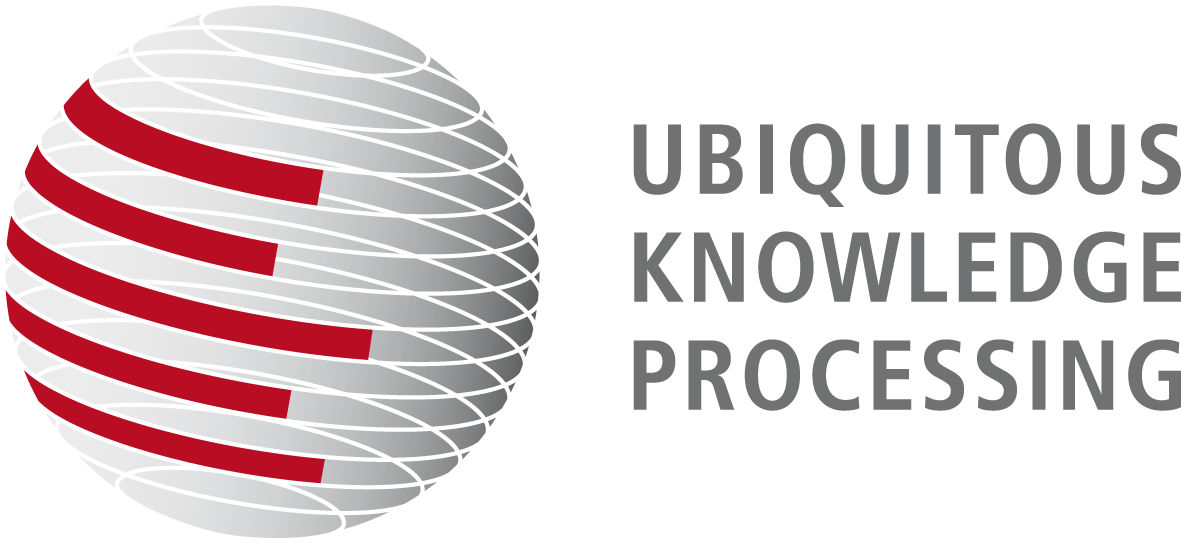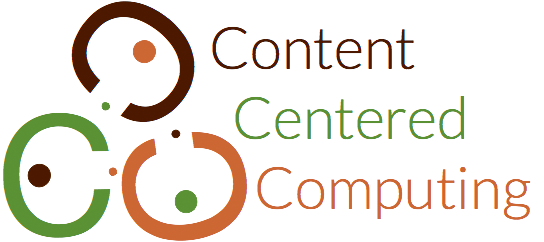
Elhuyar Fundazioa
The Elhuyar foundation is a private non-profit organisation specialising in language technology and the promotion of science in Basque. Speech Technologies Area Manager Igor Leturia heard of ELG through his professional network and saw an immediate use in getting an idea of existing resources for Basque, other languages used in their work or for a general overview: “We use ELG to know if resources and tools we need exist or not and if we could use them instead of building them ourselves.”
Leturia underlines the usefulness of ELG’s search functionality with the different filtering options for technology types or languages. Presenting information and demos in ELG also helps the Elhuyar foundation achieve visibility towards customers, partners and projects that can learn about and reach them. “It is very important to have a place such as ELG that aims (and, I would say, quite succeeds) at having information as complete as possible about technologies for European languages and companies working on LT.”
Ubiquitous Knowledge Processing Lab (UKP), Technical University Darmstadt
The Ubiquitous Knowledge Processing Lab (UKP) of the Technical University Darmstadt carries out research in natural language processing with an emphasis on lexical-semantic resources and algorithms and the application of NLP to novel problems in social media, social sciences and humanities. The team of Prof. Dr. Iryna Gurevych learnt about ELG through their networks as well as social media and uses the platform to share their resources and for desk research: “A Europe-wide index of resources is an important step towards increasing the findability of resources.”
For the UKP Lab, the search functionality and the community area are the most useful features of ELG: “By combining information from many European institutions, the ELG highlights the strength of European language technology research and fosters collaboration.”


Department of Computer Science, Reykjavik University
The Department of Computer Science of the Reykjavik University came across ELG through colleagues as well as a paper submitted to the LREC conference. Associate Professor Hrafn Loftsson and his team use ELG to provide access to Icelandic NLP tools, especially those developed as part of the Icelandic Language Technology Programme (2019-2023): “ELG is beneficial to us because, through the APIs, Icelandic NLP tools will become more accessible to other researchers and companies.”
For Loftsson, the try-out function of ELG is especially helpful, while the overall approach to host services on a single platform is another benefit to the Reykjavik University: “We feel that ELG will become the main hub for LT tools and services in Europe. It will help under-represented languages in making their tools accessible and thus support multilingualism in Europe.”
Content Centered Computing (CCC), University of Turin
The Content Centered Computing (CCC) research group of the University of Turin learnt about ELG through academic mailing lists and started out sharing language resources and services mostly focussed on the Italian language. Assistant Professor Valerio Basile also uses ELG to find resources (corpora in particular), to show language models or other tools to students without having to install software and to integrate resources in scripts with the help of the Python ELG package: “The Python library is extremely useful because of its ease of use, efficiency and remarkable management of authorization processes.”
Both the University of Turin and the CCC research group, but also the Italian NLP community at large benefit from ELG in terms of visibility, given the many authors linked in the ELG ontology. Valerio Basile also points out the advantages of using of docker images, envisioning ELG to possibly become a repository of software with historical value, which is often hard to find or install. “The support for docker-based services could be a game-changer.”
